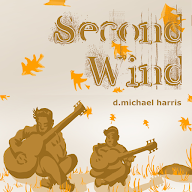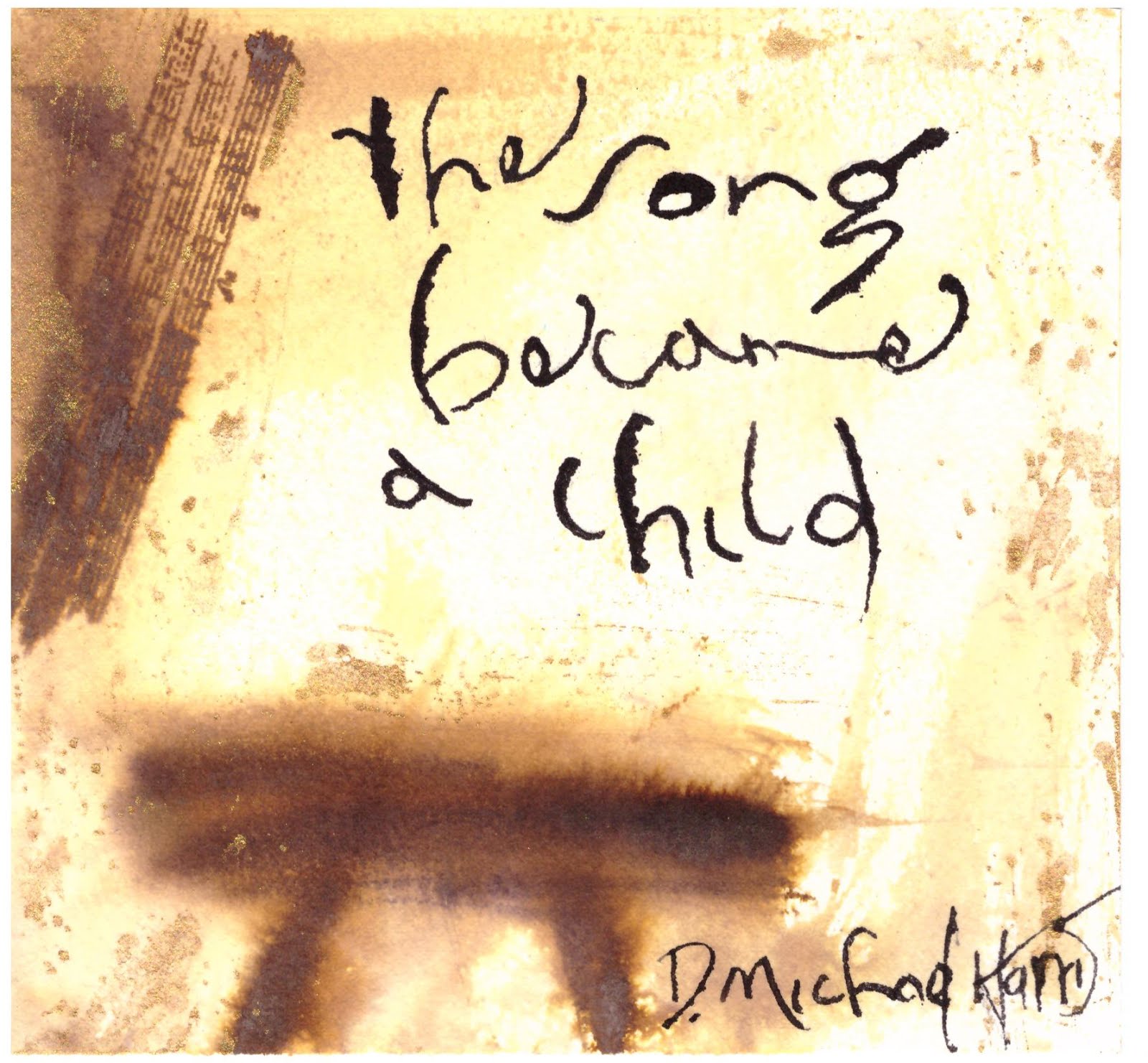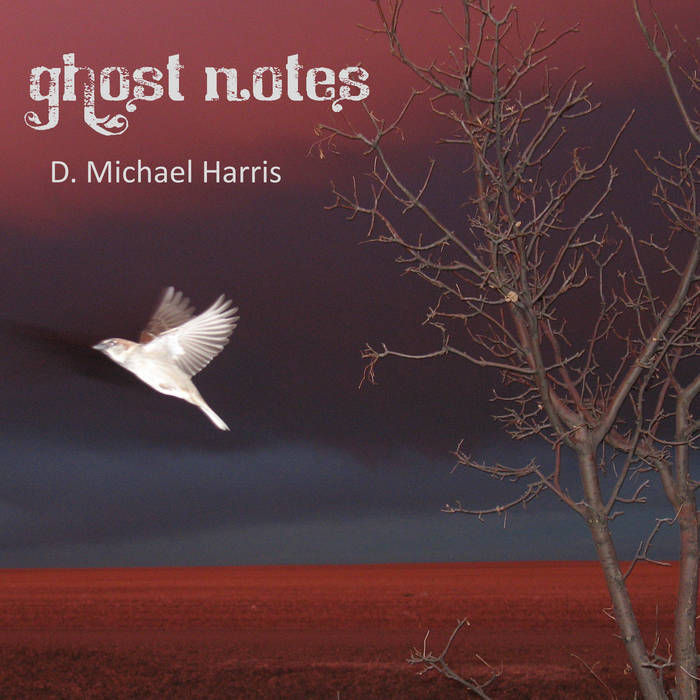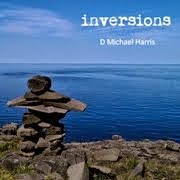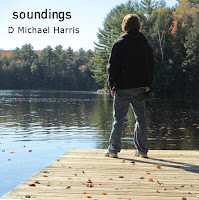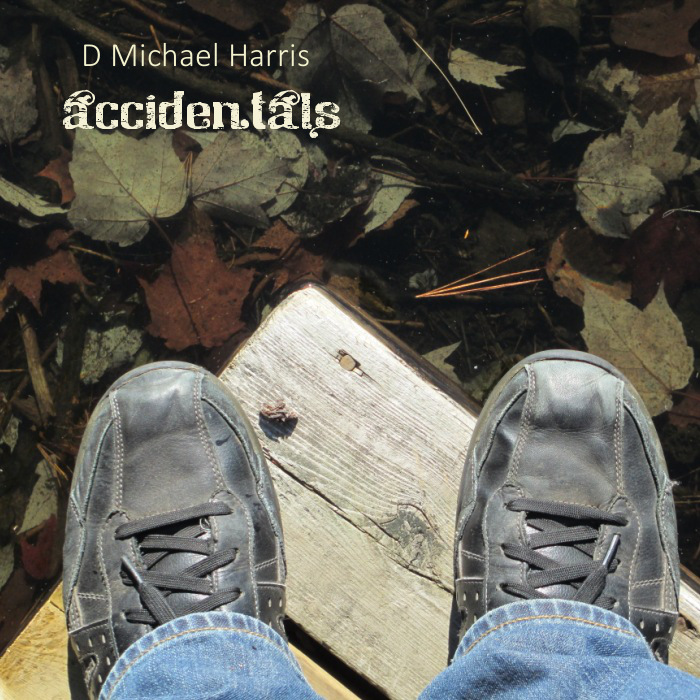In her essay “Eichmann in Jerusalem,” Hannah Arendt wrestles deeply with one of the primary questions to trouble the world in the aftermath of World War II—how was it possible for a country as civilized as Germany was in the 1930s to be responsible for so barbaric an atrocity as the Holocaust?
For instance, what stood out to Hannah Arendt at his trial was how “normal” he was; that is to say: he showed no special signs of hatred, or psychosis, or insanity. She points out that no less than six psychologists examined Eichmann, and they found no evidence of abnormal personality whatsoever. One doctor remarked that his “overall attitude towards people, especially his family and friends, was ‘highly desirable.’”
Hannah Arendt uses the term “the banality of evil” as a way of making sense of this incongruity—how a “normal, everyday guy” could be responsible for one of the most heinous crimes in all of history. The term, the “banality of evil” is her way of suggesting that that evil breeds in the everyday—in the normal—in the banal decisions we all make, or don’t make, all the time.
On his blog Experimental Theology, Richard Beck summarizes the point like this:
The argument Arendt makes ... is that evil isn't dark and deep but is, rather, thin and superficial. Evil is ordinary people thoughtlessly making a million small choices. ... The Holocaust couldn't have happened if people hadn't over time gradually consented to it, through seemingly insignificant daily choices. Laughing nervously, but without objection, to the anti-Semitic joke. Not shopping at the Jewish store. Accepting that promotion when the more qualified Jewish person was passed over. Casting a vote on election day. And so on.I have wrestled with Arendt’s assessment of the “banality of evil” ever since I came across the concept, and from time to time I still wonder what normal, everyday activities I participate in, as a simple matter of course in a modern society, that history will look back on as evil.
The reason I’m mentioning “the banality of evil” here, in a blog series on the filmography of Tom Hanks, though, is because somewhere around the midpoint of my journey through the complete cinematographic works of Tom Hanks, I began to notice a theme that connected, in my mind, to Hannah Arendt’s work.
It was Tom Hanks penchant for playing ordinary people thrust into extraordinary circumstances, and exploring the momentous consequences of their mundane decisions to “do the right thing.” I think I noticed it first in Sleepless in Seatle, where a grieving father is thrust into the very real drama of figuring out how he will parent his motherless son well in the midst of his own loneliness and longing (never mind that he ends up with Meg Ryan at the end of the film, the premise that this journey to magical romance started out with is, sadly, about as ordinary as they come).
That was just the tiny tip of an emerging iceberg, though, because shortly afterwards he played Andrew Beckett, the corporate lawyer in Philadelphia who sues his employer after he is fired for having AIDS. Although the legal drama the unfolds quickly leaves the realm of the ordinary, beneath the surface of the story lurk all sorts of questions about standing up for what’s right, even when it costs you, for choosing not to discriminate even though it’s easier to let stereotypes and prejudices do the thinking for you, and discovering the shared humanity in “the other.” These are, of course, ordinary decisions we are all faced with every day in our profoundly polarized world.
The iceberg came into clear focus in his next outing, though, because in 1994, he starred as Forrest Gump, the character that made Tom Hanks both a household name and a Hollywood A-lister. The story probably needs little re-cap, but just recall how Hanks’s portrayal of Forrest—who is, by his own admission, “not a smart man”—emphasizes simple things like commitment to ones friends, and devotion to one’s beloved, determined loyalty, artless honesty, simply “knowing what love is.” And then connect those mundane virtues to the epoch-making moments of American history that Forrest found himself thrust into, as a result of them.
If Hannah Arendt observed at Eichmann’s trial that incomprehensible evil emerges out of the ordinary, everyday decisions we make, all the time, that we won’t do the right thing, Tom Hanks’s films, it seems, offers the other side of that argument; that world-shaping goodness emerges out of all the ordinary moments we decide that we will.
Using Arendt’s language, we might say that the Tom Hanks filmography, taken as a whole, makes a case for the banality of goodness. Because after Forrest Gump, this theme becomes a bit of a central preoccupation in Hanks’s movies—the World War II sergeant who does his duty faithfully in Saving Private Ryan— the prison warden who treats an accused sex-offender kindly, in The Green Mile—the politician who decides to give up his life of philandering and take up the cause of the oppressed in Charlie Wilson’s War. There’s also Ben Bradlee’s intractable commitment to reporting the truth in The Post, and James Donovan’s determination to give a Soviet a fair trail, despite the cost to his reputation, in Bridge of Spies. And don’t get me started on Mr. Rogers.
Among other things, what binds all these characters together are the simple decisions they face to do right instead of wrong; though often they very quickly cease to be simple, these decisions bring into being a goodness that often grows to monumental proportions, with world-changing stakes.
This is a Christian assessment of Tom Hanks’s movies, of course, so, having pointed out the “banality of goodness,” that his work often illustrates, let me simply recall that Jesus himself taught something very similar—that the least would turn out, in the final analysis, to be the greatest, and the those who were faithful in the small things would be faithful in the big. Perhaps, among other things, our Lord had in mind the truth about the banality of goodness—that it thrived, actually, in the small, the mundane, the ordinary—when he said this.




